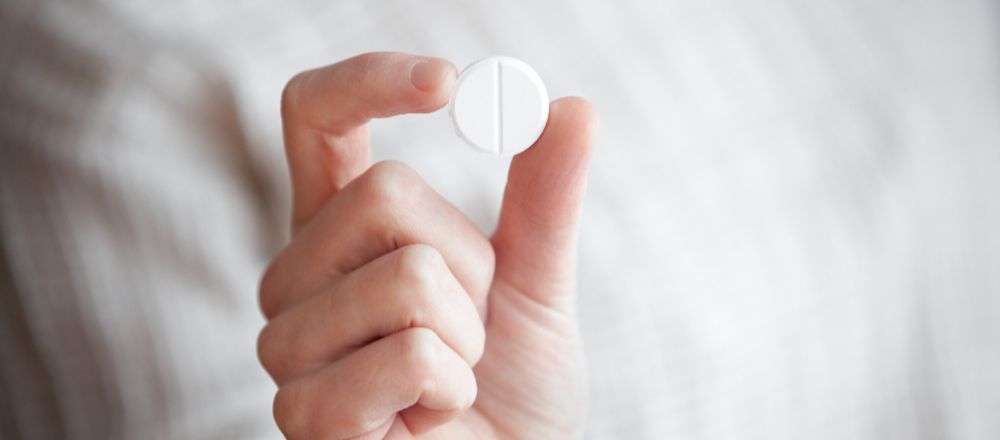Treat Your Insomnia With the Best Sleeping Pill at Affordable Prices
- Posted On: October 19, 2023
- Posted By: admin

Sleep apnea is a common condition that stops your breathing and restarts many times while you sleep. You must talk to your healthcare provider about sleep apnea if you experience other symptoms of poor-quality sleep or if someone tells you that you snore or gasp during sleep such as excessive daytime sleepiness.
There are Two Types of Sleep Apnea.
1) Central sleep apnea – It happens when your brain does not send the signals needed to breathe. It can affect how your brain controls your airway and chest muscles and can cause central sleep apnea.
2) Obstructive sleep apnea – It is the most common type of sleep apnea. It happens when your upper airway becomes blocked many times while you sleep, reducing or completely stopping airflow.
How Commonly Are Sleep Aids Used?
Sleeping pills or other sleep aids are most commonly used to treat insomnia and occasional sleeplessness. Most sleep aids work because they have a sedative effect, which means they make you feel sleepy. The advantage of most sleep aids is that they induce drowsiness to help you fall asleep or to increase the likelihood that you will stay asleep through the night. It may help reset your sleep schedule, enabling you to get more consistent sleep. Many sleep aids can help alleviate daytime drowsiness and impaired thinking from sleep deprivation by improving sleep in the short term.
How to Diagnose Insomnia?
Breathing devices like continuous positive air pressure machines and lifestyle changes are common sleep apnea treatments. If your sleep apnea is not treated or diagnosed, you may not get enough good quality sleep. If these treatments do not work then surgery may be recommended to correct the problem. Insomnia can lead to trouble remembering things, controlling your behavior, concentrating, or making decisions. Treatment for sleep disorders like insomnia often combines a sleep aid with practical steps like improving sleep hygiene. It can help you get quality sleep every night without relying on sleep medication.
Insomnia Treatment
Changing your sleep habits and any issues that may be associated with insomnia like stress, and medical conditions can restore restful sleep for many people. If these measures do not work, your doctor may recommend cognitive behavioral therapy, medications, or both that help improve relaxation and sleep. Cognitive behavioral therapy is helpful to control or eliminate negative thoughts for insomnia. This therapy is generally recommended as the first line of treatment for people with insomnia.
Sleep restriction: Cognitive behavioral therapy avoids daytime naps and decreases the time you spend in bed. Once your sleep problem has improved, your time in bed is gradually increased.
Relaxation techniques: Progressive muscle relaxation and breathing exercises are ways to reduce anxiety at bedtime. These techniques can help you control your heart rate, muscle tension, breathing, and mood so that you can relax.
Light therapy: You can go outside during times of the year when it is light outside in the evenings, or you can use a lightbox. If you fall asleep too early then you can use light to push back your internal clock.